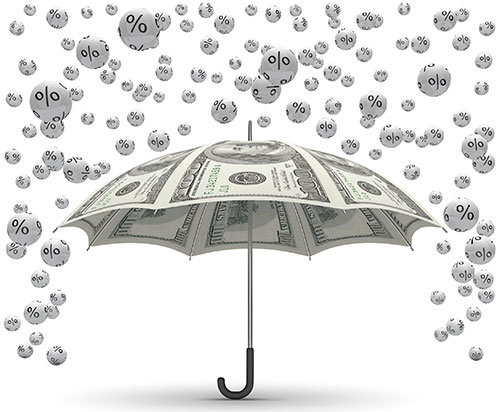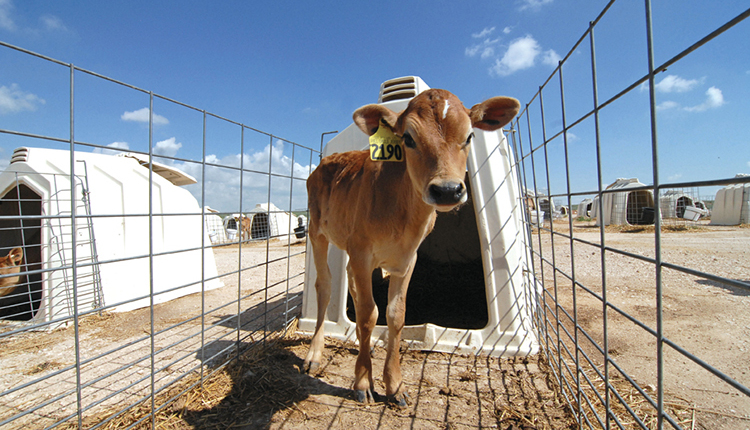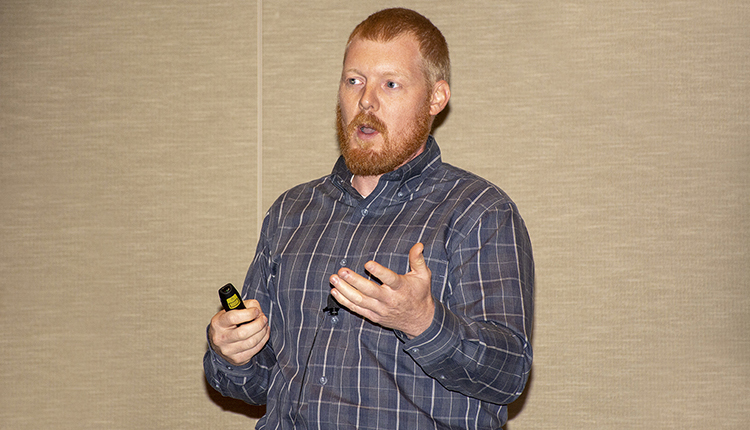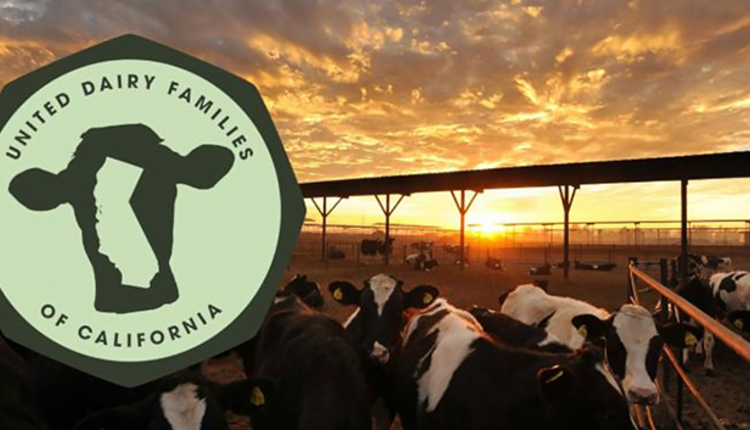
As I write this on January 20, the stock market has dumped 550 points before lunchtime. That's on top of the 1,409 that had already gone poof this month. Happy New Year? Not yet.
Fingers are pointing at China's slowing economy and the world's rising tide of oil. Crude dipped below $27 this morning for the first time since 2003. Wall Street is off to its worst annual start ever and gets spooked by just about everything.
Investor confidence is on the floor as 401k retirement accounts are taking a beating. The scary R and D words – recession and depression – are reappearing in financial commentaries about the fragile global economy. In December, U.S. Federal Reserve chairman Janet Yellen said there is a small chance (10 percent) that the U.S. could slip into a recession in 2016.
Cheap oil and falling commodity prices are hammering countries teetering on recession or already in it, and there are many. To encourage lending and stimulate the economy, in June 2014 the European Central Bank began charging banks to park their cash, and the Bank of Japan did the same on January 29.
Here in the U.S., everyone who buys gasoline is doing a happy dance. Airlines are euphoric. But big banks are gulping sedatives. They loaned hundreds of billions to energy companies when things were booming; now they hope it doesn't all default during the bust.
These recent events make for an eerily quick "I told you so" for Andrew Roberts, research chief for European economics and rates at the Royal Bank of Scotland (RBS). Roberts startled the financial world January 8 when he said 2016 would be a "fairly cataclysmic year" and advised investors to sell everything except high-quality bonds.
That's about as close to "the sky is falling!" as we may ever hear from a big, old, conservative banking and financial services company. Founded in 1727, RBS was the world's 18th largest bank in 2015 with $1.329 trillion in assets.
Another high-profile investment guru joined Roberts' gloom and doom chorus on January 28. Mohamed El-Erian, chief economic adviser for the Allianz Group, which has more than $2 trillion in assets under management, told investors to move 25 to 30 percent of their wealth into cash.
I bring up these warnings because of how useless "the sky is falling" advice is for anyone who owns animals. Where can dairy owners go to hide? Do they take their cows? How do they sell everything . . . on eBay? Should they sign a six-month realtor listing or is putting a "make offer" sign out in front enough?
Farmers, of course, aren't even remotely close to Roberts' and El-Arian's thoughts. But their recommendations did get me thinking about what dairy owners could do if they were certain that another financial meltdown is near. I don't think one is, but there is a lot on the dairy landscape to be concerned about:
Beef prices – Down 35 percent or so.
Bull calf prices – Down what, 80 percent?
Total milk supply – Still rising nationally, despite California's remarkable 12-month decline.
Milk prices – Current futures point to a Class III price average of around $14.75 in 2016, the lowest since 2010 - but that's assuming the strong second half rebound currently on the futures board actually happens.
U.S. dairy exports – Weak, struggling against a global supply glut and the strong dollar, and may not rebound until 2017, says the U.S. Dairy Export Council. Europe is a new kid on the dairy exports block and it's already pretty big.
What can dairy producers do? Probably not much. "Sell everything" is only an option for those who decide to get out. Realistically, producers can't do a lot more than what they always do during tough times – hunker down, limit spending, and trim whatever is left to trim.
But it is important to talk honestly and early to suppliers, the bank, the nutritionist, the vet, and the rest of the family. Remember, this is nothing new; dairy farming has always been a roller coaster. And there are two big things to keep in mind: First, you aren't alone in this downturn. Second, it too will eventually pass.
(c) Hoard's Dairyman Intel 2016
February 8, 2016











